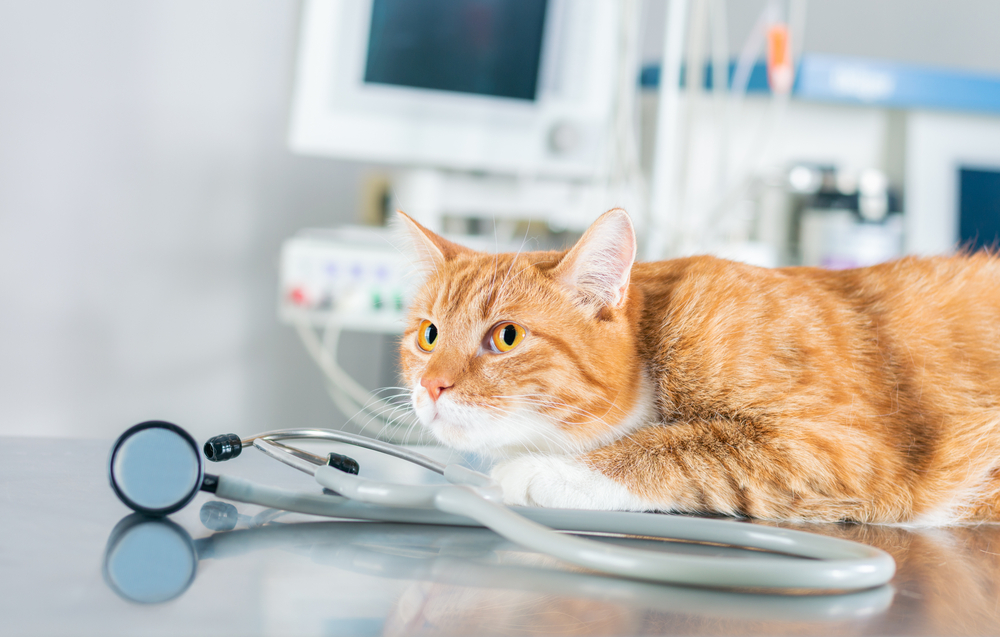
As much as we hate to think of anything bad happening to our pets, the reality is that just like with humans, animals too can experience medical emergencies or suffer an injury. There are a variety of reasons our pets may need emergency care. Whether it is a sudden trauma caused by an accident or an allergic reaction to something, it is very important to know when we should be concerned, and when we should seek emergency care/treatment.
What would be considered an animal emergency?
Nobody knows our pets and their behaviour better than us, but even then, it can sometimes be difficult to know if something is wrong because of the ability animals have to mask illness or injury. Identifying a pet emergency maybe challenging, but as a loving pet owner, if you suspect something may be wrong it is worth calling your out of hours care provider to get their advice. They may be able to tell you if it is an emergency over the phone.
There are many situations which could constitute a pet emergency. These include:
Bleeding/Open wounds
Broken Bones
Being hit by a vehicle
Falls or slips which present pain and obvious injury
Poisoning
Persistent vomiting or diarrhea
Burns
Difficulty moving
Heatstroke or dehydration
Eye injuries
Birthing Difficulties
Fits or seizures
Breathing difficulties
Choking
How can you be prepared for a pet emergency?
With the wide range of potential emergency situations for a pet, being well prepared can genuinely make a huge difference to the long-term outcome of the situation. Being able to perform simple first aid, like stemming blood flow from a wound or administering cold water to a burn, are just as valuable for our pets.
Make sure you have a fully stocked pet first aid kit at home (and one in the car if you take dogs out for walks etc) as you may need to or be advised by your vet to perform first aid before you take your pet into them. Having the right equipment means that in certain emergencies your pet can receive immediate attention, which could have a significant impact on the severity of their illness or injury.
A first aid kit for pets is similar to one we would keep for humans. Its contents should include things such as:
Bandages
Absorbent dressings and gauze
Scissors
Bottled water for rinsing eyes or treating burns
Surgical tape
A thermometer
If you need specific advice, your vet will be happy to tell you which items your pet first aid kit should contain.
Knowing the signs of an emergency
Being aware of what to look out for when it comes to signs of medical problems for your pet can be instrumental in helping you establish whether you need to seek urgent veterinary care. The following are some of the signs that could indicate that something is wrong with your pet:
Irregular heartbeat
High temperature
Not passing urine
Difficulty standing
Excessive bleeding or obvious wounds or broken bones
Pale gums
Persistent diarrhea or vomiting
I think my pet is suffering an emergency, what should I do?
In the first instance contact your regular veterinarian, or if outside of normal hours get in touch with an emergency veterinary service. They will discuss the issue with you and be able to advise what you should do next, if there is any immediate action you need to take, and if they think that your pet needs immediate care or if waiting for a routine appointment will be ok. By talking to a vet, it means that you get the best possible advice and ensures your pet will get the care they need.
If you have any questions regarding being “emergency ready” for your pet, please call Liberty Veterinary Medical Center in Hinesville, Georgia at (912) 876-3357.






